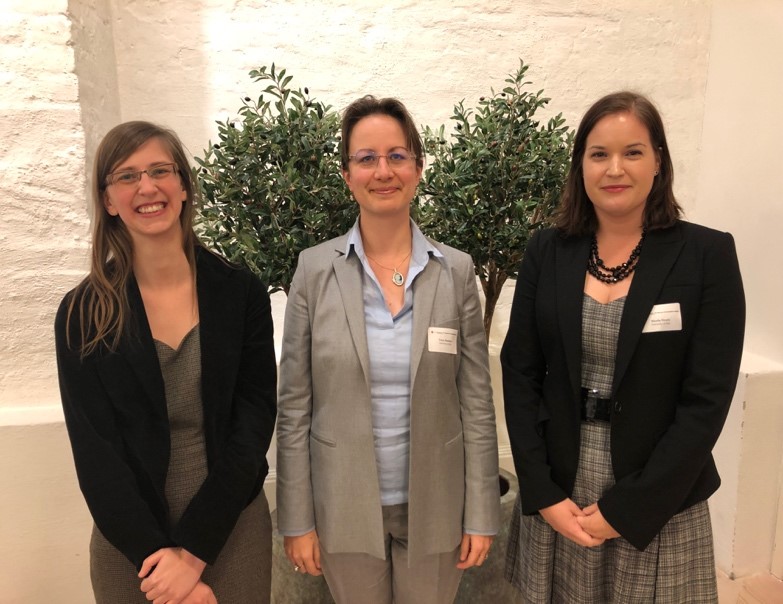With its full title Beyond State Consent to International Jurisdiction – From Courts to Law, the conference had a rich and varied program that touched upon various aspects and parts of international law. On the 29th of September, the conference officially opened with a panel on unique aspects of the specific courts that impact States’ willingness to consent not only to jurisdiction but also to relevant law. The opening panel on the 30th of September dealt with jurisdiction, applicable law and interpretation of consent, which was followed by a panel on (non-) cooperation and State consent to jurisdiction and international law. Next, there was another panel on the unique aspects of the specific international courts before closing the conference with ideas on (re)designing consent and international law reform.
Rich discussions on a wide range of courts and tribunals
Presentations throughout the conference covered a wide range of international courts and tribunals, from the specialised investment and tax arbitrations to the Special Court for Sierra Leone, as well as the United Nations treaty bodies. The papers also discussed how international courts may respond to current crises, including a number of papers on Russia’s relationship with international law.
After each panel, the speakers and participants also took part in engaging and thought-provoking discussions. Presenters had been selected on the basis of a Call for Papers that had a long list of applicants, with varied backgrounds in terms of their levels of seniority, institutional affiliation, gender and field of law. As the conference was online, they were able to log into the conference from locations across the world. In addition to the participants, around 100 people also followed parts of the conference as a webinar online.
The conference was organized by Professor Freya Baetens, Dr Nicola Strain and Dr Emma Brandon. After the conference, Professor Baetens intends to publish a special symposium on the topic of the conference with contributions from conference participants, selected through a double-blind peer review process.

Official closing of the research project on State Consent to International Jurisdiction
The conference marked the official closing of the research project State Consent to International Jurisdiction: Conferral, Modification and Termination. Led by Professor Baetens, the research project was supported by the Research Council of Norway for the period between 2018 and 2022 and was hosted by PluriCourts. Over the course of the four-year period, the project has led to a long list of publications, workshops and conference participations.
The research project also included two sub projects, which culminated in two successful PhD defences in 2022. This included Dr Emma Brandon’s PhD project “Cooperation with the International Criminal Court and Regional Human Rights Courts: Obligations of Non-State Parties” and Dr Nicola Strain’s PhD project “Jurisdiction and Applicable Law in Investor-State and WTO Dispute Settlement: Comparing Consent and Inconsistency in the Application of Other International Law”.
